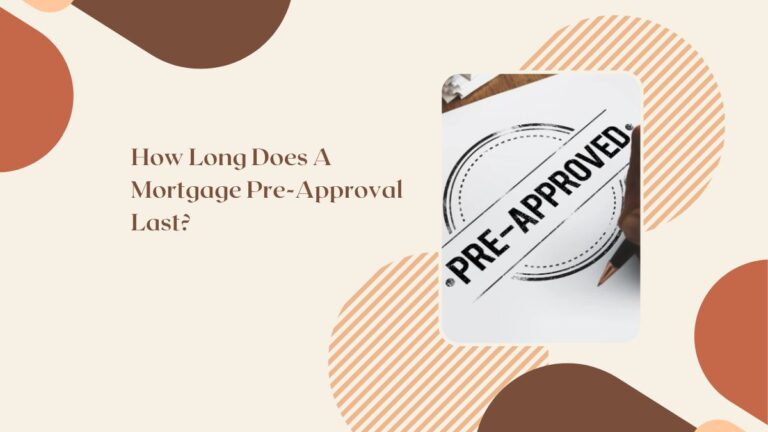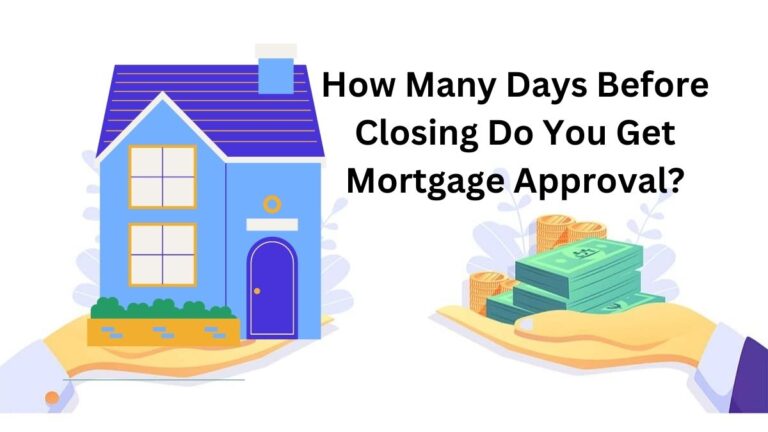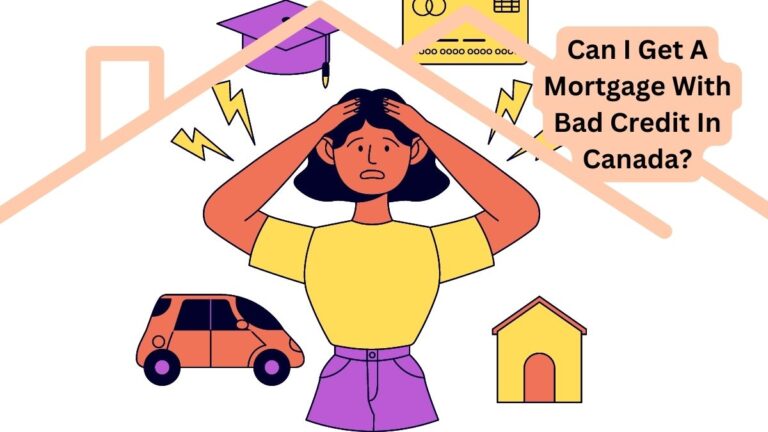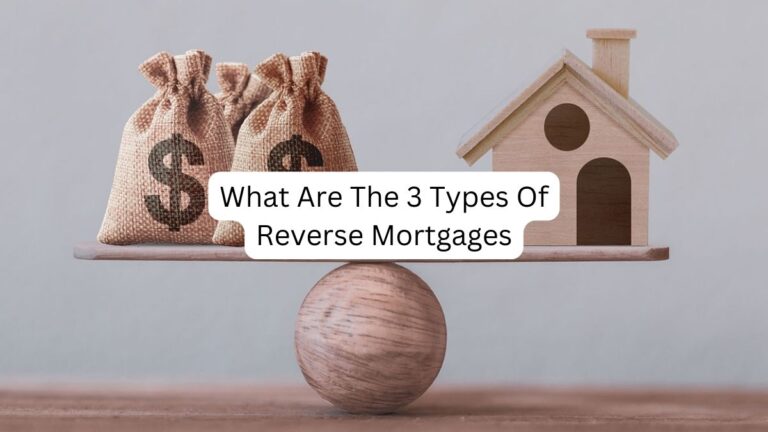Why Did My Mortgage Go Up?
You’ve been diligently making your mortgage payments on time, faithfully ticking off each month as you inch closer to owning your dream home. But then, out of nowhere, you receive a notice that your mortgage payment is increasing. Panic sets in as questions flood your mind: Why did my mortgage go up? What could have caused this sudden change?
If you find yourself in this perplexing situation, fear not! In this blog post, we’ll delve into the reasons behind unexpected increases in your mortgage payment and provide practical tips on how to avoid it happening again.
Reasons Your Mortgage Could Go Up
- Adjustable Rate Mortgages (ARMs): If you initially opted for an adjustable-rate mortgage, your monthly payments could increase when the interest rate adjusts. This means that as market conditions fluctuate, so does your mortgage payment. It’s essential to understand how often and by how much your interest rate can change before committing to an ARM.
- Escrow Account Adjustments: Many homeowners have escrow accounts set up with their lenders to cover property taxes and insurance premiums. Occasionally, these expenses can increase over time due to factors like inflation or changes in local tax rates. As a result, if your escrow account is short of funds, your lender may raise your monthly payment to ensure sufficient coverage.
- Homeowners Insurance Premiums: Speaking of insurance, keep in mind that insurance providers periodically review their policies and adjust premium rates accordingly. If there has been an increase in claims or changes to the risk assessment of properties in your area, it could lead to higher insurance premiums – resulting in a bump in your mortgage payment.
- Property Tax Assessment Changes: Local governments reassess property values periodically for taxation purposes which can impact property tax rates each year. If there has been a significant increase in the assessed value of homes within your jurisdiction or changes made to the local tax code, it could lead to higher property taxes – ultimately causing an uptick in mortgage payments.
Remember, understanding why your mortgage went up is crucial for managing future financial planning effectively! In our next section, we’ll discuss strategies for avoiding increases altogether and keeping those monthly payments stable – giving you peace of mind as a homeowner.
How to Avoid a Mortgage Increase?
- One of the most important things you can do to avoid a mortgage increase is to carefully review your loan agreement before signing it. Make sure you understand all the terms and conditions, including any potential for rate adjustments or increases in the future.
- Another way to prevent your mortgage from going up is by monitoring interest rates. If rates begin to rise, it may be wise to consider refinancing your mortgage into a fixed-rate loan. This will provide stability and protect you from future rate hikes.
- Additionally, keeping an eye on your credit score is crucial. A good credit score can help you secure better interest rates and repayment terms. Paying bills on time, managing debt responsibly, and avoiding excessive new credit applications are all key factors in maintaining a healthy credit profile.
- Furthermore, staying proactive with your finances can also make a big difference. By consistently reviewing your budget and identifying areas where expenses can be reduced or eliminated, you’ll have more room in your monthly budget for unexpected increases.
- Maintaining open communication with your lender is essential. If you’re facing financial difficulties or anticipate difficulty making payments in the future, reach out as soon as possible to discuss available options such as loan modifications or payment plans.
Remember that taking proactive steps now could potentially save you from experiencing a sudden increase in your mortgage down the line!
How to lower your mortgage payments?
- When faced with high mortgage payments, there are several strategies you can employ to lower your monthly costs. By taking proactive steps, you may be able to reduce the financial burden and create more breathing room in your budget.
- One option is to refinance your mortgage. This involves obtaining a new loan with better terms that will result in lower monthly payments. However, refinancing isn’t always the best solution for everyone. It’s important to consider factors such as interest rates and closing costs before making a decision.
- Another approach is to negotiate with your lender for a loan modification. This could involve extending the term of your mortgage or adjusting the interest rate. Lenders may be open to these changes if it means avoiding foreclosure or default on the loan.
- Additionally, you can explore ways to cut down on other housing-related expenses. For example, consider refinancing your homeowner’s insurance policy or negotiating with utility providers for better rates. These small savings can add up over time and help alleviate some of the financial strain.
- Take a closer look at your overall budget and identify areas where you can make cuts or adjustments. By reducing discretionary spending or finding ways to save on everyday expenses like groceries or entertainment, you may free up additional funds that can be put towards lowering your mortgage payment.
Remember, each individual’s situation is unique, so it’s essential to assess all available options and consult with professionals who specialize in mortgages before making any decisions about how to lower your mortgage payments effectively
Conclusion
There are several reasons why your mortgage may go up. It could be due to an increase in interest rates by the lender or changes in property taxes and insurance premiums. Understanding these factors can help you better prepare for potential increases and take proactive measures to avoid them.
To avoid a mortgage increase, it is important to stay informed about any changes that could affect your monthly payments. Keep track of interest rate fluctuations and consider refinancing if it makes financial sense for you. Review your property tax assessments regularly and ensure they are accurate. Additionally, shop around for insurance policies to find the best rates.
If you find yourself struggling with higher mortgage payments, there are ways to lower them. Negotiating a lower interest rate with your lender or extending the loan term can provide some relief. You may also explore options such as renting out a portion of your home or downsizing to a more affordable property.
Remember that every situation is unique, so it’s crucial to assess your own financial circumstances and consult with professionals when necessary. By staying proactive and making informed decisions about your mortgage, you can navigate through changes effectively while maintaining control over your finances.
So next time you wonder why did my mortgage go up? remember that knowledge is power – arm yourself with information and take action accordingly!






